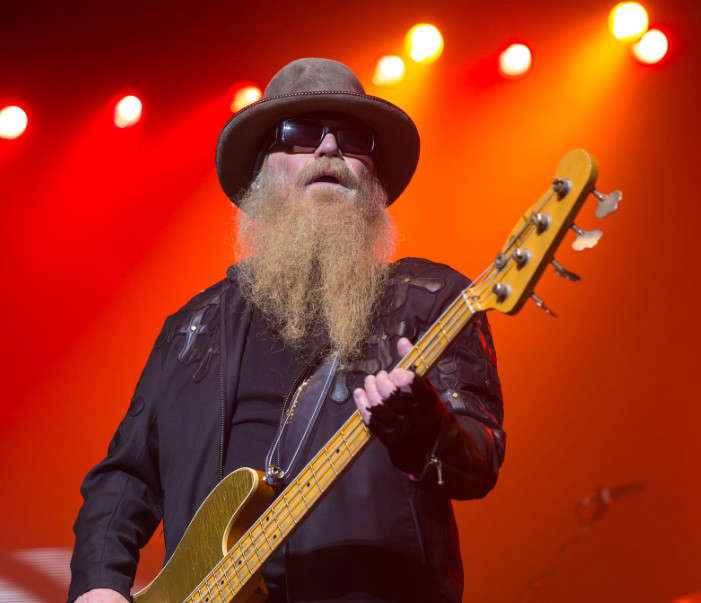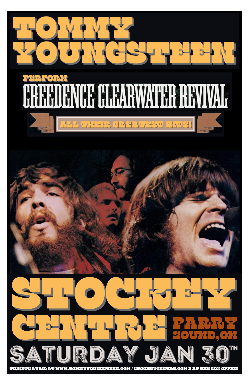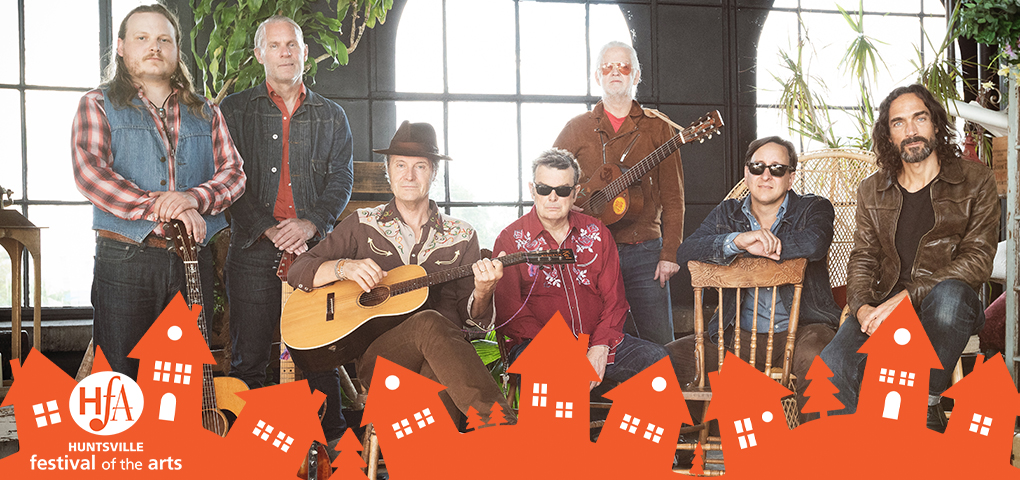
ZZ Top’s longtime bassist Dusty Hill died on this day at 72, leaving behind a legacy of gritty blues-rock and a band facing its next chapter.
When Dusty Hill died in July 29, 2021 at the age of 72, it marked the end of an era for one of rock’s most recognizable and enduring trios. As the bassist and co-vocalist for ZZ Top, Hill helped craft a sound and image that bridged gritty Texas blues with swaggering arena rock — all while wearing sunglasses and sporting one of the most famous beards in music history.
ZZ Top wasn’t just a band. It was a band that built its image gradually, staying true to itself instead of following whatever was popular at the time.
Formed in Houston in 1969, ZZ Top started with Billy Gibbons on guitar and vocals, Frank Beard on drums, and Dusty Hill holding down the low end. From their first album in 1971, the band staked its ground with blues-based riffs and a Texas drawl. But it wasn’t until their third album, Tres Hombres (1973), that they really broke through. That record featured “La Grange,” a raw and raunchy song inspired by a real-life Texas brothel — and it became their first hit.
Throughout the ‘70s, ZZ Top built their reputation on tight musicianship and quirky humor. Hill and Gibbons grew out their beards, embraced a dusty desert aesthetic, and brought a southern sense of cool to the rock world. Their Worldwide Texas Tour even featured live longhorns and rattlesnakes on stage.
While many blues-rock bands struggled to adapt in the ‘80s – the MTV era, ZZ Top pivoted — not by abandoning their roots, but by embracing new tools. The Eliminator album brought synthesizers and drum machines into the mix, creating radio-friendly hits like “Gimme All Your Lovin’,” “Sharp Dressed Man,” and “Legs.”
Hill’s steady bass lines held everything together beneath the synth polish. He wasn’t a flashy player, but his feel and tone were essential. And in those early MTV videos, his matching beard, shades, and sharp suits with Gibbons made ZZ Top icons beyond just the music.
By the end of the decade, the band had become one of the biggest touring acts in North America.
Dusty Hill didn’t sing lead often, but when he did — like on “Tush” — his voice added grit and edge. More importantly, his presence gave the band a certain symmetry. In a 2012 interview with Rolling Stone, Hill described his playing style as “simple, solid, and to the point.” He never tried to stand out. Instead, he locked in with Beard’s drums and let Gibbons’ guitar do the talking.
The three of them stuck together for more than 50 years. That kind of stability is almost unheard of in rock music. And when Hill passed away in his sleep in July 2021, just days after leaving the band’s tour due to a hip injury, it shook the ZZ Top faithful.
Before his death, Hill reportedly told the band to keep going — and he even named his longtime guitar tech, Elwood Francis, as his preferred fill-in. Francis, a veteran crew member, stepped in immediately, and the band continued touring.
Gibbons later confirmed that Hill wanted the show to go on, telling Variety that the bassist “firmly insisted” the band not hang it up. ZZ Top honored Hill’s wishes — and while some fans were divided, many respected the decision. It was, after all, what Dusty wanted.
In 2022, the band released Raw, a stripped-down album recorded live at Gruene Hall in Texas. It was originally tracked for their 2019 Netflix documentary That Little Ol’ Band from Texas, and it features Hill’s final recordings with the group. The album feels like a throwback to their roots: no polish, no tricks — just blues, sweat, and Texas twang.
Dusty Hill was never a spotlight seeker. But his steady presence helped define one of rock’s most unique bands. ZZ Top may have looked like a gimmick — beards, hot rods, spinning guitars — but underneath it all was real musicianship, real friendship, and a style all their own.
With over 50 million records sold worldwide, an induction into the Rock & Roll Hall of Fame, and a cultural footprint that spans five decades, ZZ Top’s story doesn’t end with Hill’s death — but it’s forever shaped by his presence.
As they keep playing, Hill’s signature blues shuffle still lives on. As long as there’s a crowd to play to and a riff to groove on, that little ol’ band from Texas will keep rolling.
Sources:
- Rolling Stone
- Variety
- Ultimate Classic Rock
- Netflix
- ZZ Top official website
This image is licensed under the Creative Commons Attribution 2.0 Generic license. Author: Ralph Arvesen



 New Music Monday: Defying the Cold Snap with the Latest Cuts from Friday's Countdown
New Music Monday: Defying the Cold Snap with the Latest Cuts from Friday's Countdown
 How Rush's "Tom Sawyer" Defined a Legend and Ignited a 50-Year Legacy
How Rush's "Tom Sawyer" Defined a Legend and Ignited a 50-Year Legacy
 Arctic Monkeys Return with "Opening Night": A New Chapter for the Sheffield Icons
Arctic Monkeys Return with "Opening Night": A New Chapter for the Sheffield Icons
 Muskoka’s Own Hitmaker: New Biography on Marc Jordan
Muskoka’s Own Hitmaker: New Biography on Marc Jordan
 Hometown Legends Take the World Stage: Green Day Set for Santa Clara Homecoming
Hometown Legends Take the World Stage: Green Day Set for Santa Clara Homecoming













Comments
Add a comment